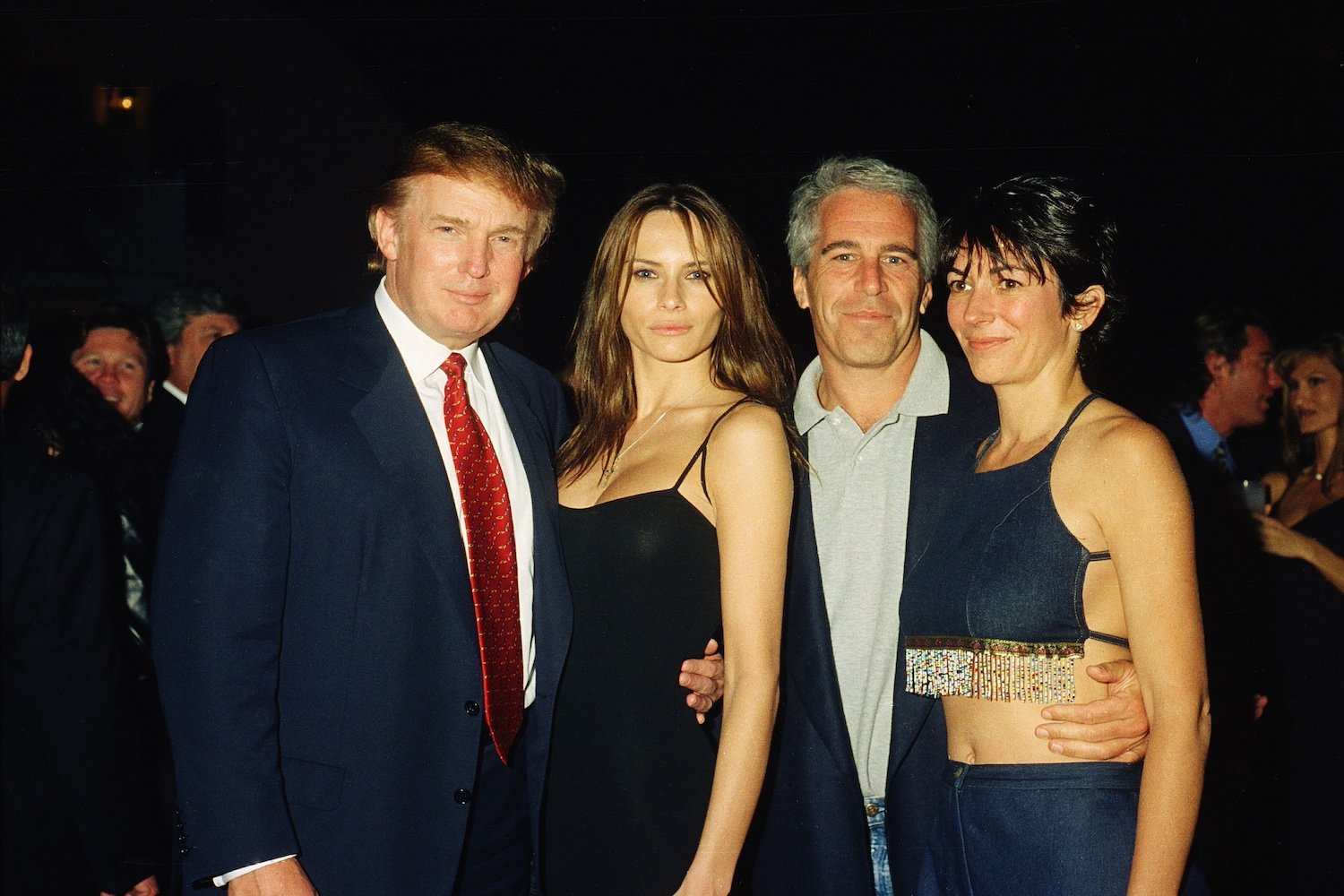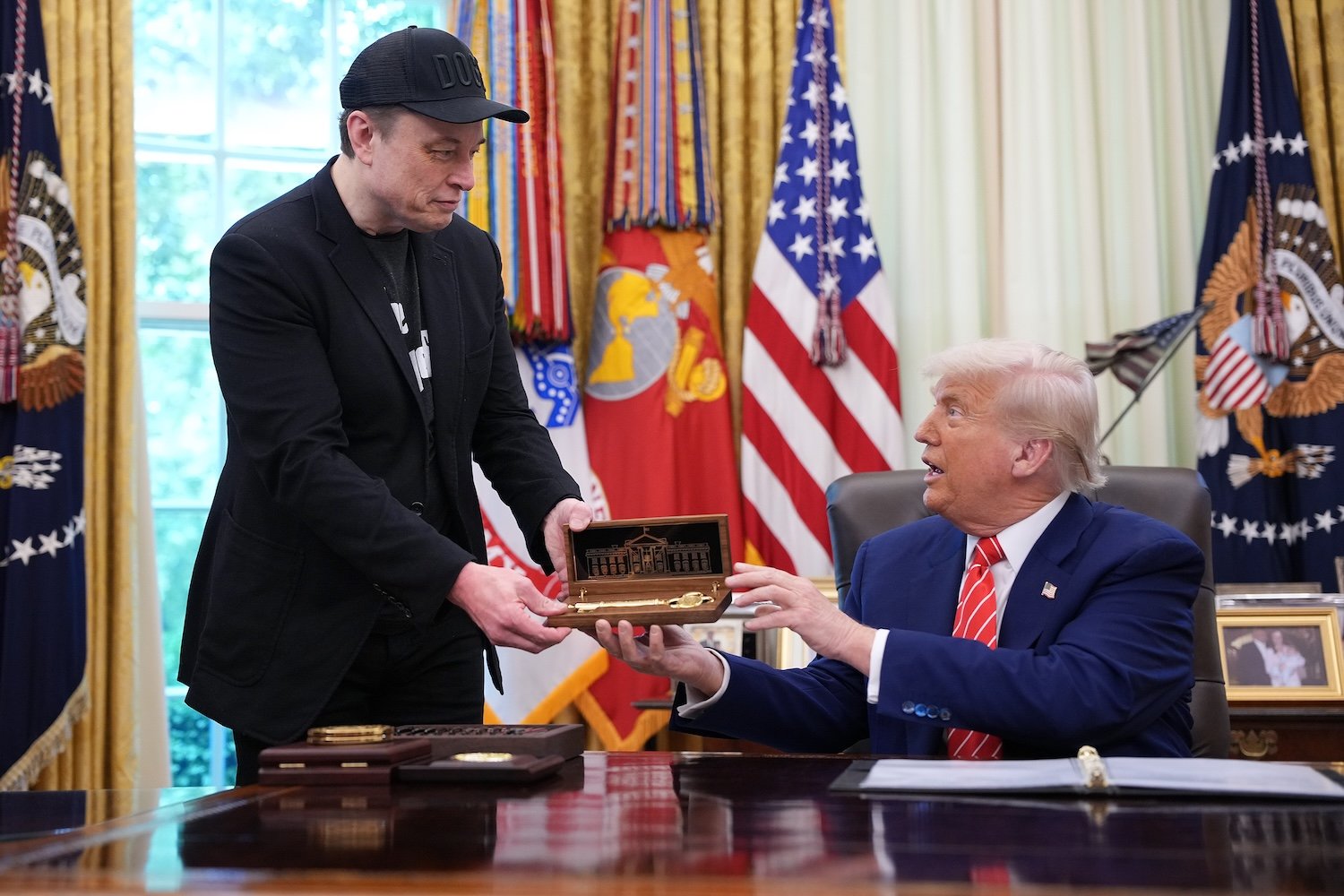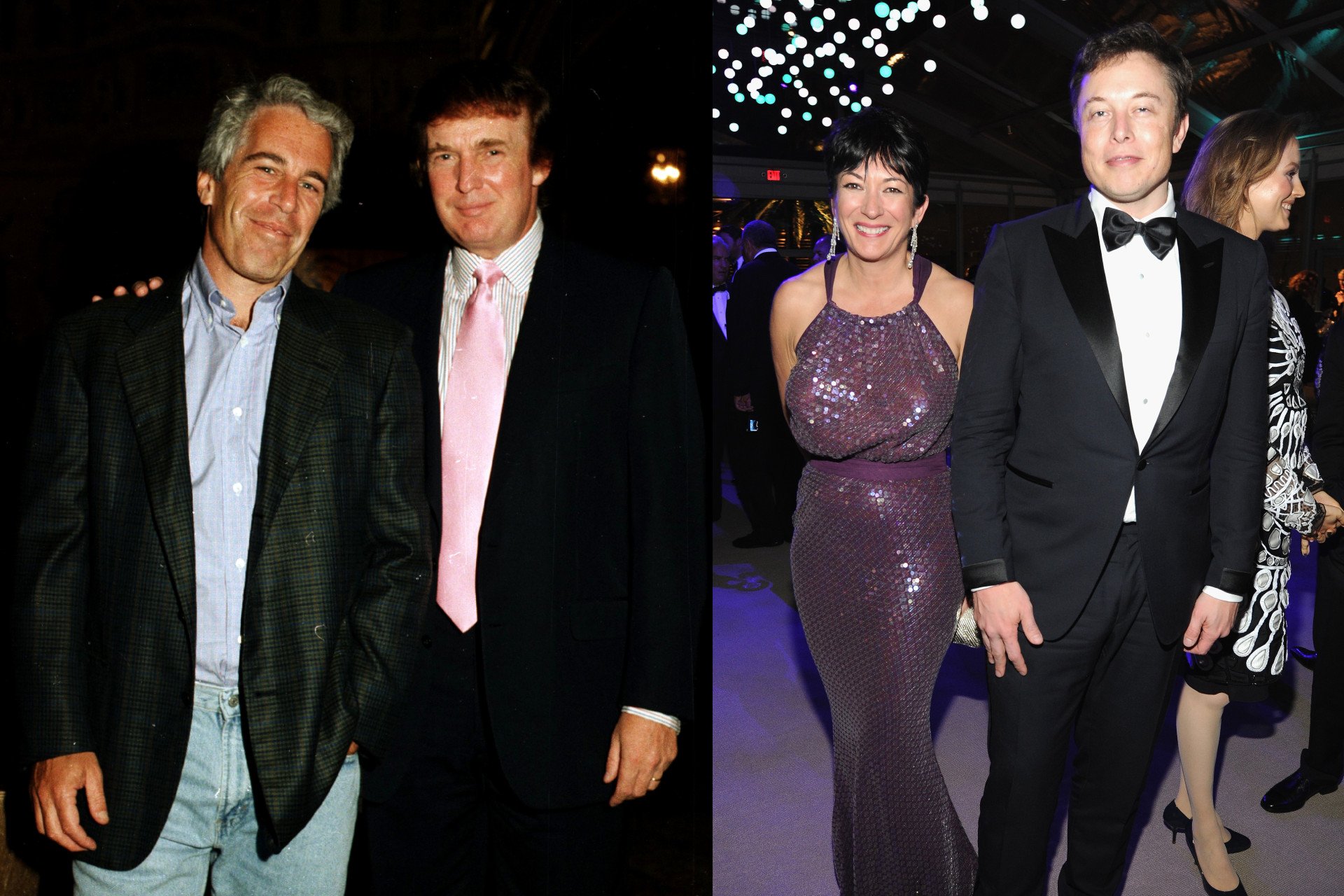

Elon’s tweet this week exacerbated a long-festering issue for the Trump White House.

The SpaceX CEO threatened to pull his Dragon spacecraft, flaunting an incredible amount of leverage.

The head of Tesla’s Optimus humanoid robot program, Milan Kovac, is leaving the company according to Bloomberg News.
The departure comes as Tesla CEO Elon Musk has claimed the company will have “thousands” of Optimus robots operating in its factories by the end of this year. “And we expect to scale Optimus up faster than any product, I think, in history, to get to millions of units per year as soon as possible,” Musk said last month.
Kovac has worked at Tesla for nearly 10 years, with much of that time coming as a top engineer on the Autopilot team. He was tapped to help lead development of Optimus in 2022 and became a vice president overseeing the program in late 2024.
“I’m driving the Optimus program (Tesla’s humanoid robot) & all its engineering teams,” Kovac previously wrote on his LinkedIn profile. “Separately, I’m also driving the engineering teams responsible for all the software foundations & infrastructure common between Optimus and Autopilot.”
Ashok Elluswamy, the vice president of Tesla’s AI software division, will take over the Optimus project according to Bloomberg.
Keep reading the article on Tech Crunch

QAnon folks are bending over backwards to support their boys.

There probably aren’t many miles on the thing.

What a glorious day on the internet.